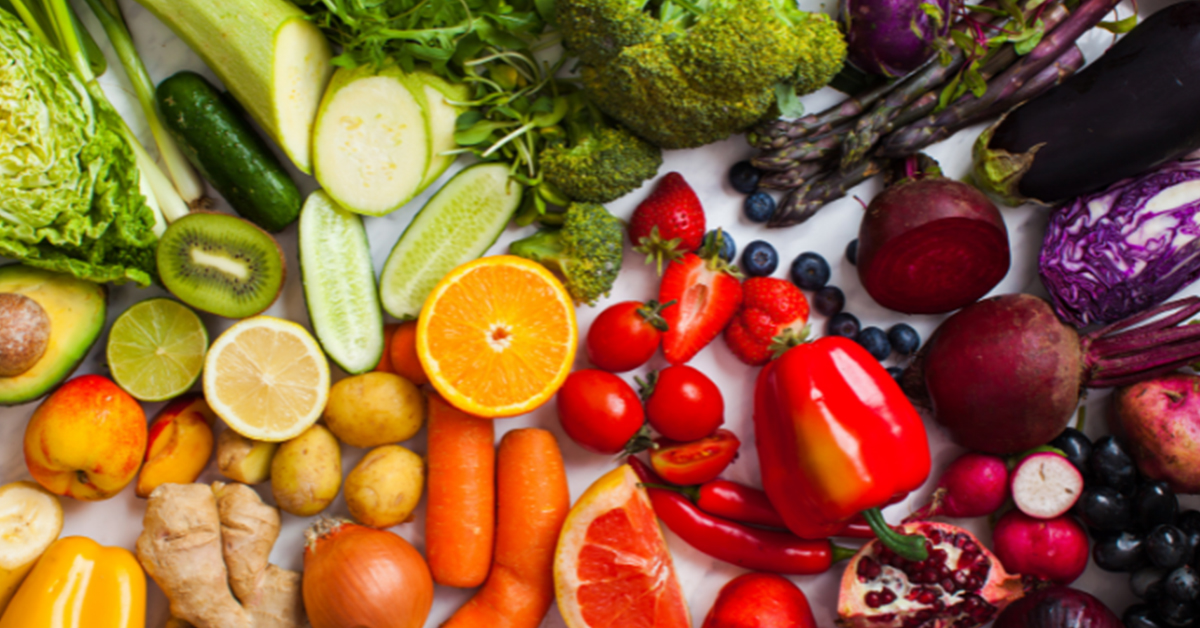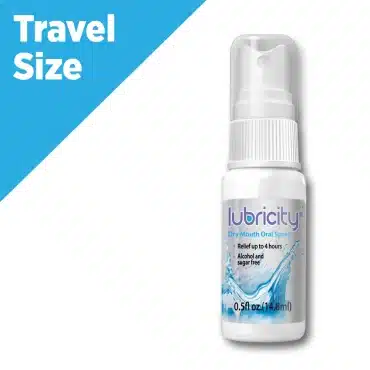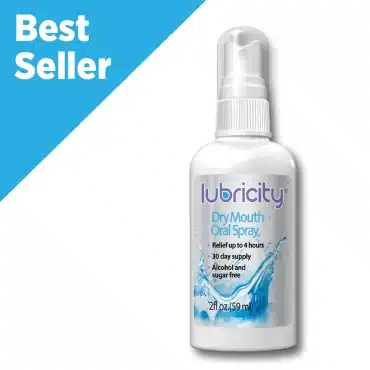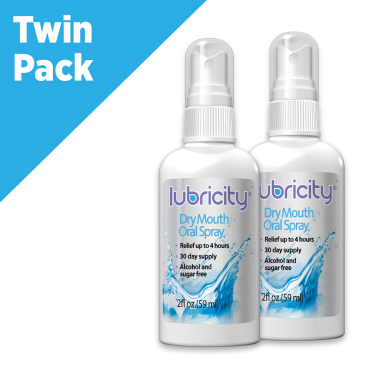Introduction
Have you ever taken a bite of a ripe persimmon only to feel a dry, puckering sensation in your mouth? Persimmon is a delicious and nutritious fruit that is enjoyed by many. Its vibrant orange color and sweet flavor make it a popular choice, especially during the autumn months. However, some people have noticed that eating persimmon can leave their mouths feeling dry and parched. In this article, we will explore the reasons why persimmons have the potential to dry out your mouth and discuss ways to mitigate the uncomfortable sensation, including understanding the symptoms of dry mouth. This strange side effect happens to many people. Dry mouth, also called xerostomia, happens when there isn’t enough saliva to keep your mouth wet. Many things can cause dry mouth, like certain medications or health conditions. However, when it comes to persimmons, the reason is linked to their special chemical makeup.
The Science Behind Persimmons and Dry Mouth
The drying feeling you get from persimmons comes from tannins. Tannins are natural compounds found in many fruits, vegetables, and plants. They are polyphenols known for making your mouth feel tight or puckered. This happens because tannins stick to the proteins in your saliva, causing them to bunch up.
In simple terms, tannins change how the proteins in your saliva work. They make saliva feel thicker and less slick. This change makes it harder for saliva to wet your mouth, leading to the dry mouth feeling often felt after eating persimmons, especially certain types.
Understanding Tannins in Persimmons
Tannins do more than just make your mouth feel odd after you eat a persimmon. They are important for the plant’s defense, helping to keep insects and animals away. Tannins are astringent because they can bind to proteins, and this affects how they mix with our saliva.
Every persimmon has tannins, but the amount can be very different depending on the type of fruit and how ripe it is. This is why some persimmons can make your mouth feel drier than others. Knowing how tannins work helps explain why persimmons affect our mouths in such a unique way.
As persimmons get riper, the amount of tannins goes down. This is why ripe persimmons are not as astringent and are less likely to leave you with a dry mouth.
How Tannins Affect Saliva Production
Saliva is very important for good oral health and the immune system. It helps us chew, swallow, and starts the digestion process. Saliva also neutralizes acids made by bacteria in the mouth, ensuring a steady flow of saliva that protects teeth from decay. However, when you eat persimmons, tannins in the fruit can mix with saliva. This mixing slows down how saliva works.
The tannins stick to salivary proteins, potentially contributing to salivary gland stones. This makes saliva thicker and less slippery. So, it is harder for saliva to coat and protect your mouth properly. As a result, you may notice that you produce less saliva or that it feels different after eating persimmons. Getting an over-the-counter medication for dry mouth, a good saliva substitute that contains hyaluronic acid with no flavor would help replace what you are missing.
This change in saliva leads to a dry, puckering feeling when eating persimmons. If your mouth does not make enough saliva, it can lead to recurrent infections of the mouth, including mouth sores, and make it hard to swallow. It might also feel uncomfortable or painful to talk.
Comparing Varieties of Persimmons
Persimmons come in many types, and each has its own special taste and feel. To enjoy them, it’s important to know the difference between astringent and non-astringent persimmons.
Astringent persimmons have more tannins, making them not great to eat unless they are fully ripe. Non-astringent ones have fewer tannins, which means you can eat them even if they are still firm and not completely ripe.
Astringent vs. Non-Astringent Persimmons
The taste and feel of astringent and non-astringent persimmons change because of the amount of tannins they have. Astringent persimmons, like the Hachiya type, contain more tannins when they are not ripe. Eating them before they become soft and jelly-like can make your mouth feel chalky and puckered.
On the other hand, non-astringent persimmons, such as the Fuyu type, have lower tannins. You can eat them even when they are firm and crunchy. They are less likely to give you the dry mouth feeling.
| Persimmon Type | Astringency Level | Taste When Ripe | Dry Mouth Effect |
| Astringent (e.g., Hachiya) | High | Sweet, custard-like | Strong |
| Non-Astringent (e.g., Fuyu) | Low | Sweet, crunchy | Minimal |
The two types of persimmons can also affect health in different ways. Some studies say that the tannins in astringent persimmons might help with high blood pressure. But, we need more studies to be sure about this.
Identifying Astringent Persimmons
Knowing how to spot astringent persimmons can help you avoid a dry mouth. Luckily, there are simple ways to tell them apart from non-astringent ones.
First, check the shape. Astringent persimmons are usually acorn-shaped with a pointed bottom. Non-astringent persimmons are rounder and flatter. Second, feel the texture. Astringent persimmons are very hard when they are unripe. Non-astringent ones feel softer even when not fully ripe.
If you are not sure, it is best to wait until the persimmon ripens completely before eating it. This will give you a sweeter taste and a better experience.

Best Foods for Dry Mouth Relief
Discover foods that alleviate dry mouth symptoms and promote saliva production. Learn what to avoid and find relief for your discomfort. Read More...
Health Benefits of Persimmons
Persimmons can make your mouth feel dry, but they are full of nutrients and can help your health in many ways. These colorful fruits give you fiber, vitamins, and minerals, including vitamins A and C. Because of this, they are a great part of a healthy diet.
Some studies say that persimmons can help your heart and reduce inflammation. They might even help fight cancer, too. So, even though their tannins can cause a dry mouth, the many health benefits of eating persimmons make it worth it.
Nutritional Value of Persimmons
Persimmons are low in calories and fat. They provide a good amount of dietary fiber, which is important for your digestion. They also have a lot of antioxidants, like vitamins A and C. These antioxidants can protect your cells from damage caused by free radicals. They may lower the risk of chronic diseases, such as heart disease and some types of cancer.
However, persimmons contain tannins that can affect your oral health. Some studies say that tannins might help reduce plaque on your teeth. But, their astringent nature can lead to dry mouth. It’s essential to keep good oral hygiene. Brush and floss regularly to lessen any possible negative effects on your teeth. A good over the counter medication for dry mouth would also relieve your symptoms and would give you some relief.
The best over the counter medication for dry mouth is Lubricity dry mouth spray. This dentist recommended product was clinically proven to out perform leading competitors by using Hyaluronic acid to retain the moisture in your mouth for up to 4 hours after each use. Creating a film to lock in moisture and
If you worry about tannins and your oral health, talk to your dentist. They can suggest ways to keep good oral hygiene while you enjoy the healthy benefits of persimmons.
Role of Persimmons in a Balanced Diet
Enjoying persimmons can be a good part of a balanced diet. They give you important nutrients and do not raise your risk of tooth decay or other oral diseases. It’s best to pick ripe and non-astringent types. These types are softer and won’t dry out your mouth as much because of tannins.
You can enjoy persimmons in moderation with foods that help produce saliva. Good options are cheese or sugar-free gum. They can help reduce dry mouth. Always drink plenty of water each day, especially after eating persimmons.
Keeping up with good oral hygiene is really important, especially when it comes to protecting your sensitive information about your dental health. This helps lower any risks from tannins. Brush and floss your teeth regularly. You might also want to use a fluoride mouthwash for extra protection.
Conclusion
Persimmons have tannins that can make your mouth feel dry. This is more common with some types that are astringent. Knowing this can help you pick the right kind of persimmon for what you like. Even though this can happen, persimmons are still very healthy and can be a great part of your diet. If you find certain persimmons make your mouth too dry, think about eating them with foods that help make saliva. By enjoying persimmons carefully, you can taste their good flavors and feel the health benefits without any dryness. Always try to find a balance so you can enjoy persimmons while reducing any dry mouth effects.
Frequently Asked Questions (FAQs)
The dryness of your mouth after eating persimmons can vary. It depends on how much tannin is in the fruit and how sensitive you are to it. Some people naturally make less saliva, which can lead to dry mouth and even dry eyes. Others may have health issues, like autoimmune diseases such as rheumatoid arthritis, that cause dry mouth. This makes them more prone to the drying effects of tannins.
Tannins can cause dry mouth. This may raise the chances of dental problems like tooth decay, oral thrush, gum disease, or mouth infections, which could indicate an underlying condition. However, if you keep good oral hygiene and consume tannins in moderation, it should not greatly harm your dental health.
Drinking a lot of water can help keep you hydrated and combat mouth dryness. Using a Saliva substitute with hyaluronic acid like Lubricity will coat your oral cavity providing you comfort immediately. Eating ripe, non-astringent persimmons may also help. If you still have dryness, talk to your doctor or dentist about saliva substitutes and avoid acidic beverages, such as any fruit juices.
Did you find this article helpful?
What do customers say about Lubricity Dry Mouth Spray?













